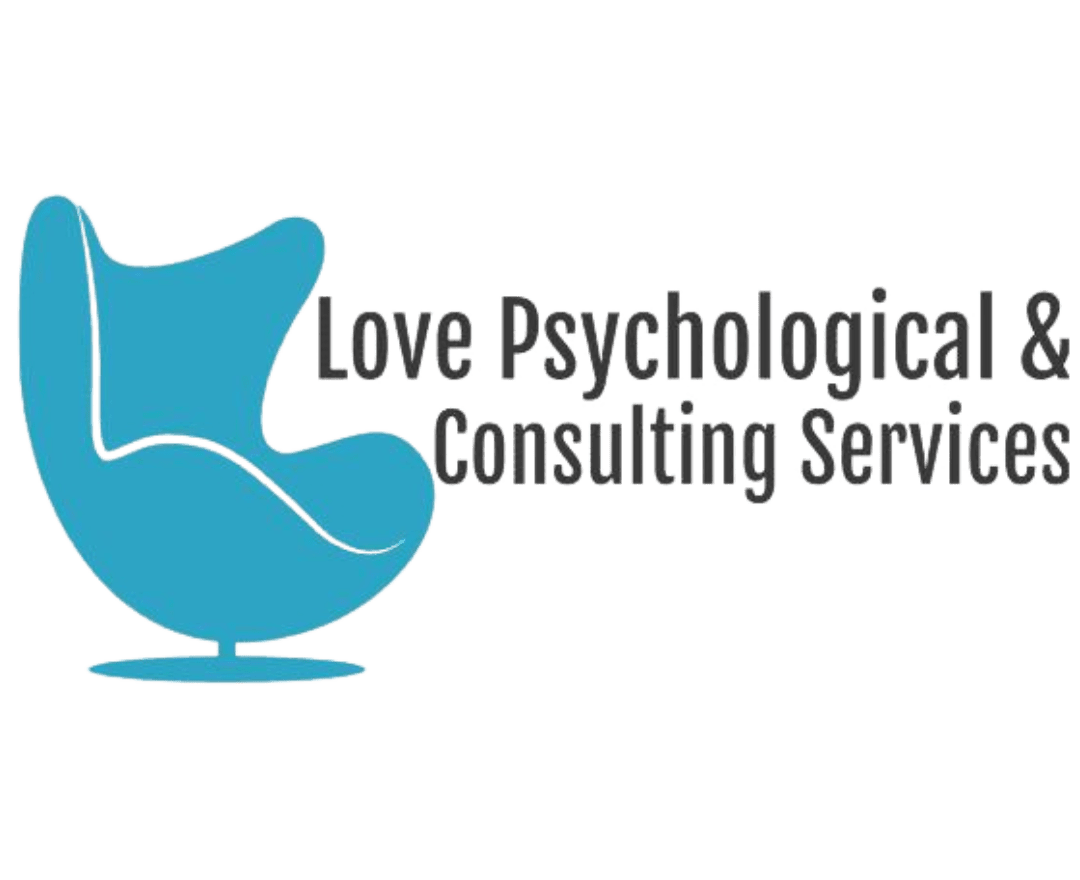5 Myths About Therapy Debunked: What You Need to Know to Get the Most Out of Your Mental Health Treatment

Posted on February 27, 2023
If you're considering therapy or are in the early stages of treatment, you may have heard several myths and misconceptions about what it entails. These myths can discourage people from seeking help or cause them to approach therapy with unrealistic expectations. In this blog post, we'll debunk five common myths about therapy and provide insight into what you can expect from the process.
Myth #1: Therapy Is Only for People with Severe Mental Health Issues
One of the most significant misconceptions about therapy is that it's only for people with severe mental health issues, such as depression or anxiety disorders. In reality, therapy can benefit people with a wide range of concerns, from stress and relationship issues to life transitions and personal growth.
Therapy can also be helpful for people who don't have a specific issue but want to work on improving their overall well-being and quality of life.
Myth #2: Therapy Is Expensive and Only for the Wealthy
Another myth about therapy is that it's expensive and only accessible to people with financial resources. While some therapy sessions can be costly, many therapists offer sliding-scale fees, and many health insurance plans cover mental health treatment.
Additionally, therapy can be an investment in your mental and emotional health, which can have long-term benefits for your overall well-being and quality of life.
Myth #3: Therapy Is Only for People Who Can't Handle Their Problems on Their Own
Therapy is not a sign of weakness or a last resort for people who can't handle their problems on their own. Seeking help from a therapist is a sign of strength and self-awareness.
Therapy can help people gain a deeper understanding of themselves, their patterns, and their reactions to different situations. It can also provide tools and strategies for managing emotions, improving communication, and enhancing relationships.
Myth #4: Therapy Is Just Talking About Your Problems
Therapy is not just talking about your problems. While talking about your concerns is an essential part of therapy, it's not the only focus. Therapy can also include goal-setting, skill-building, and practicing new behaviors.
Therapists can use various techniques and modalities, such as cognitive-behavioral therapy (CBT), dialectical behavior therapy (DBT), and mindfulness-based therapy, to help clients achieve their goals and improve their mental health.
Myth #5: Therapy Will Fix All Your Problems
Therapy is not a magic cure that will fix all your problems overnight. It's a process that takes time, effort, and commitment.
Therapy can provide valuable insights, tools, and strategies for managing mental health concerns, improving relationships, and enhancing overall well-being. However, it's up to the individual to take action and apply what they learn in therapy to their daily life.
Conclusion
Therapy is a valuable tool for managing mental health concerns, improving relationships, and enhancing overall well-being. By debunking these common myths about therapy, we hope to encourage people to seek help and approach therapy with a realistic understanding of what it entails.
At Love Psychological & Consulting Services, we offer a range of therapy services, including individual therapy, couples therapy, group therapy, and psychological assessments. Our team of licensed therapists is committed to providing compassionate, evidence-based care to help our clients achieve their goals.
If you're interested in learning more about our services or scheduling an appointment, please contact us at [email protected]. We're here to support you on your mental health journey.
Contact Me
Send Me Your Queries
Let me know how I can help you, and let's start your mental health improvement.
